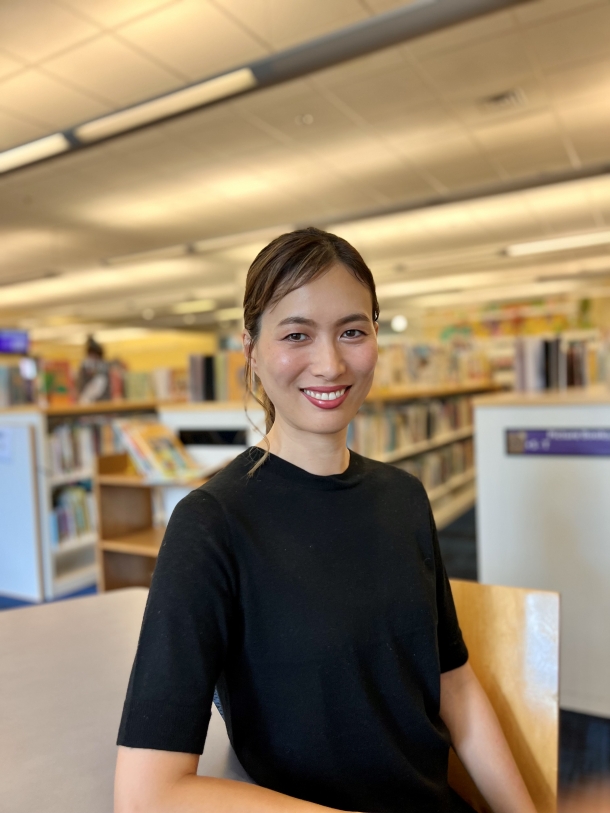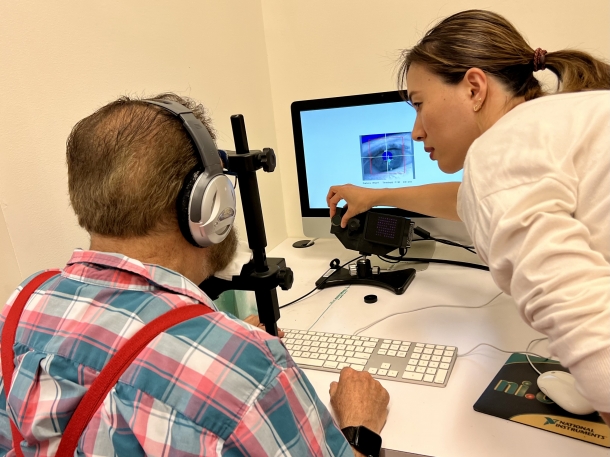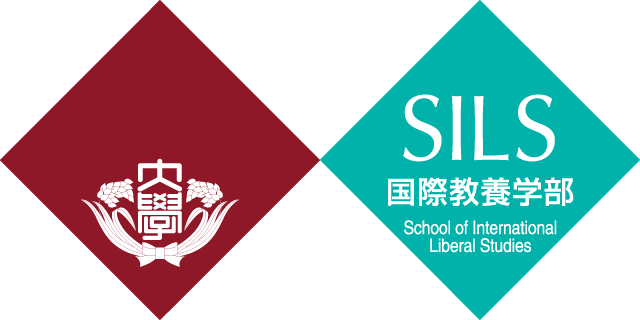- News
- [Introduction of New Faculty Member] NAKAMURA, Chie, Associate Professor
[Introduction of New Faculty Member] NAKAMURA, Chie, Associate Professor
![[Introduction of New Faculty Member] NAKAMURA, Chie, Associate Professor](https://www.waseda.jp/fire/sils/assets/uploads/2023/09/edf4668b36bda2ec920f69d6e0d98612-940x713.jpeg)
- Posted
- Wed, 06 Sep 2023

Self-introduction
Hello everyone. My name is Chie Nakamura, I am an Associate Professor in SILS and GSICCS at Waseda. In my research, I investigate the question of how language is represented in our brain. This research topic is in the domain of psycholinguistics, the study of the relationships between language use and psychological processes. Have you ever wondered why children acquire language so efficiently without formal instruction, why it is harder to learn a new language for adults, or why some people learn a second language better than others? If you have, you might find it interesting how language and language use are studied in psycholinguistics.
I studied cognitive science during my undergraduate and for my master’s degree, and this is how I became interested in studying language from a cognitive perspective. In my Ph.D. study, I used a cross-linguistic approach between English and Japanese and compared the processes of how sentence structure is analyzed between native speakers and second language learners. As a postdoctoral researcher I focused on how prosody (intonation of language) and syntax (grammatical rules) interact in the processing of first and second language, and worked in language labs in Japan and the USA.
In SILS and GSICCS, I am looking forward to welcoming students with different backgrounds and interests. In AY 2022 I will teach courses of First Year Seminar B and Introduction to Psycholinguistics in SILS, and Psycholinguistics Foundations for Graduate Research and Research Design in GSICCS. We will together explore the fascinating question of how humans acquire, comprehend, and produce language.
Recent Research Interests

[Running an eye-tracking experiment in EEES lab at MIT, USA]
Our language is full of indeterminacies and ambiguities. When we speak, we often drop subject in forming a sentence (especially in Japanese), use ambiguous meanings, have uncertain references, and make grammatical errors. Yet, without much effort we manage to reach and adopt the most plausible interpretation using various kinds of information around us. How is this rapid and seemingly complex computation possible?
One way to explain the efficiency in language comprehension is anticipation and adaptation. When we use language, we constantly make anticipatory inferences for upcoming input and quickly adapt to the properties of the language in response to input. In my lab, I am studying anticipation and adaptation in human sentence processing by testing typologically different languages such as Japanese and English, and by contrasting speakers at different proficiency levels such as native speakers and second language learners, or adults and kids.
In my current projects, my main research focuses are to investigate; (1) how prosodic and semantic information is used during anticipatory structural analysis in different languages, and (2) whether advanced second language learners process sentences in the same way as native speakers do or they suffer from certain qualitative deficit in their ability of language in comprehension. My research is evidence-based, and uses empirical data from eye-tracking, neuroimaging, and computational approach. I am also interested in using scientific findings in practical application, such as advancement of scientifically motivated second language pedagogy and the construction of experimental tool that enables remote collection of large sets of eye-tracking data.
Profile
I received my Ph.D. degree from the Graduate School of Science and Technology, Keio University, Japan in 2013. For my Ph.D. study, I received a fellowship from the Japanese Society for the Promotion of Sciences (JSPS) and worked as a student trainee in the Laboratory for Language Development at RIKEN Center for Brain Science. After receiving Ph.D., I was again awarded two fellowships from JSPS that supported my postdoctoral research. During my postdoctoral years I worked in language labs in Japan and the USA. From 2013 to 2014, I worked as a Postdoctoral Researcher in the Department of Language and Information Sciences at the University of Tokyo. From 2014 to 2017, I worked as a Postdoctoral Fellow in the Department of Linguistics and Philosophy at Massachusetts Institute of Technology (MIT). From 2017 to 2019, I worked in the Department of Linguistics at University of California Los Angeles (UCLA) as a Visiting Scholar. I came back to Japan in 2019 and from 2019 to 2022, I worked as an Associate Professor in the Global Center for Science and Engineering at Waseda University. In 2022, I was appointed as an Associate Professor in SILS and GSICCS at Waseda University.
